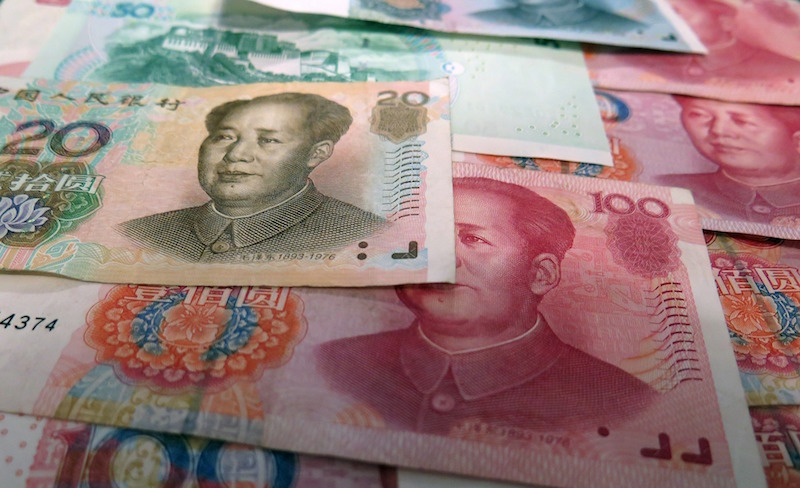The Chinese economy has been booming in the past few decades. From 1970 to 2015, China’s GDP rose rapidly from 4.1% to 15.6%. Chinese GDP at 10.98 trillion USD (as of 2015) contributes to 21.2% of world GDP in 2015 and grew at an average rate of 7.3% for the past 3 years. The “Made in China” era took over world manufacturing jobs as countries took advantage of the low wage rates in Chinese factories. As a result, US manufacturing jobs dropped to 20.3% of the labour force while Chinese manufacturing jobs went up to 42.4%. Economists have predicted that by 2028, the Chinese economy will grow to such magnitudes that it will overtake the biggest economy in the world, the United States of America.
However, many factors suggest that China may not overtake United States of America. First, according to economic models, developing countries grow at faster rates than an already developed country. Economic growth rates can be compared to human development. As a newborn, children grow rapidly within weeks and months of birth but growth slows down as they reach adulthood. Adult growth rates stagnate or grow at very slow rates. Similarly, while it may look as though China is growing faster than America is, they are at different stages of development. China, being a developing country will grow at rapid rates and will likely slow down when it gets to the later stages of development. Evidence of this can already be seen in slowdown of growth rates in the last three years from China’s normal 10% annual GDP growth down to 7.3% as it reaches later stages of economic maturity.
Moreover, the corruption in the Chinese government brings certain barriers to development. The communist government may not always act in the best interest of the free market economic growth. An example is the Hukou system. This is a process in which internal immigration from rural environments to urban environments is only permitted through an application process that sorts out certain individuals. These individuals get access to great jobs and facilities in urban environments such as health care, education, working rights, etc. On the other hand, in rural areas, citizens suffer from high levels of poverty and lack of basic necessities. 36.3% of rural populations still don’t have access to safe sanitation facilities. As a result, China suffers from a very high income distribution disparity between the rich and the poor, also known as the GINI coefficient. China’s GINI coefficient ranks at 28th while America ranks at 43rd worldwide. Such policies limit the growth rates of the Chinese economy making for far too much government control for sustainable free market growth.
Furthermore, according to statistics, China’s average household savings rates have gone up from 26% in 2004 to 48% in 2014 contributing to low household consumption rates. Due to the low level of job security that is designed to favour urban communities and exclude rural communities, Chinese citizens face high levels of uncertainty for the future. China, started off with the highest level of investment in the world making it the fastest growing economy. However, with the recent rise in demand deficit in 2008, savings rates have been going up rapidly taking away the amount of disposable income spent into the economy. Moreover, in February 2016, China announced that it will let go 1.8 million jobs in coal and steel industry in which they have the highest production levels in the world. Not only would this affect world coal and steel supply, but it would also cut down on the country’s total output levels. This significant job loss also means that household savings rates are likely to increase further in anticipation of future unemployment.
Finally, because of the previously enforced “one child policy”, China will suffer a generational population gap as compared to America. China’s population is growing at a rate of 0.43% ranking 162 in the world. This will contribute to a slowing rate of human resource development posing a problem for the developing service industry. Predictions from United Nations Department of Economic and Social Affairs suggest that by 2050, a quarter of Chinese citizens will be over the age of 65. As a result, China will suffer from a large portion of the economy exiting the labour market, creating a labour deficit. Even though the “one child policy” was relaxed in 2013, China will suffer from a long term labour deficit in the future.
China, according to economic data, is not equipped to take over United States economy as of yet taking into account its limitations as a nation. Even though, certain statistics give the illusion that China is on its way to taking over as the biggest economy in the world, overall, it has a long way to go before it is able to take over America economically.
Photo: China Currency (2015), by Moerschy via Pixabay. Public Domain.
Disclaimer: Any views or opinions expressed in articles are solely those of the authors and do not necessarily represent the views of the NATO Association of Canada.




